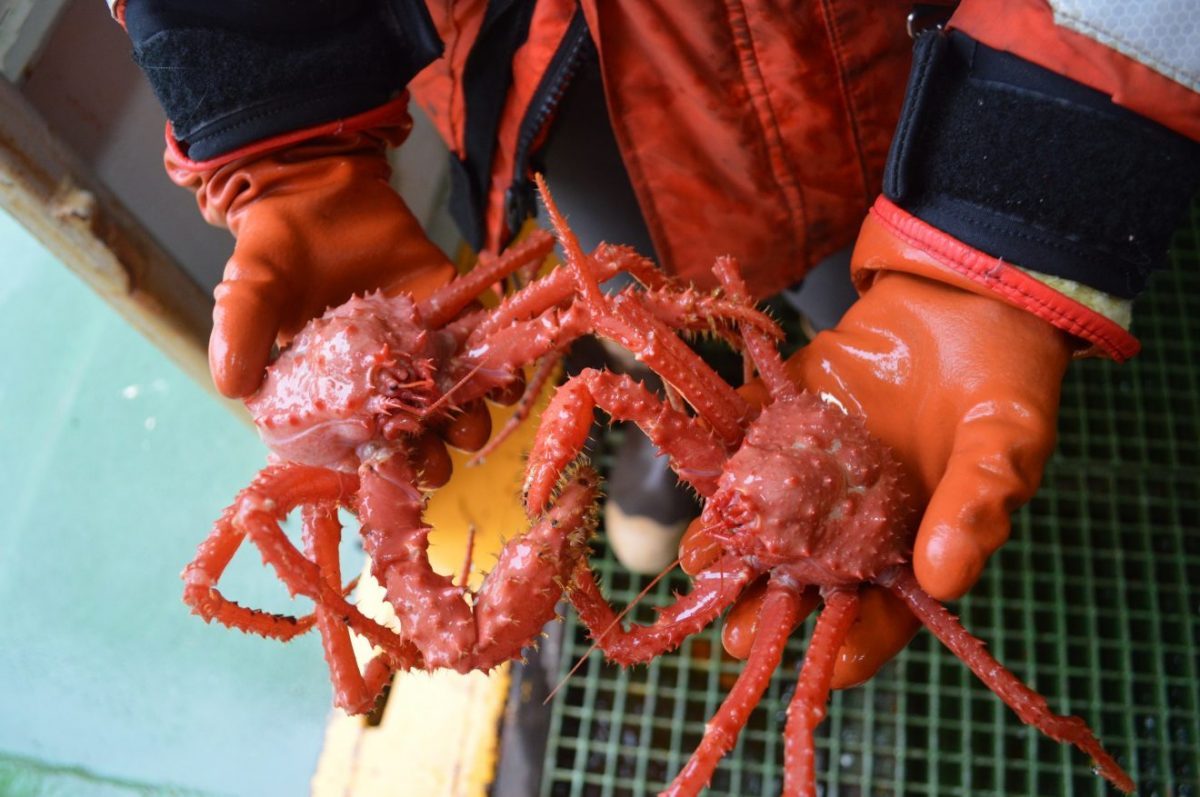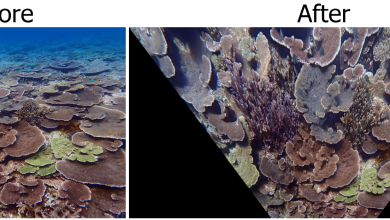A Warmer Planet May Lead to the King Crab’s Migration
As the earth’s temperature increases, recent Florida Tech research has discovered this rise may lead to a population increase of a royal-sounding crustacean that lives in the deep sea now but could have major ecological impacts in shallow water: the king crab.
Florida Tech ocean engineering and marine sciences professor and department head Rich Aronson, along with former Florida Tech postdoctoral scholar Kathryn Smith, now at the Plymouth Marine Laboratory in England, and colleagues from the University of Southampton and the University of Alabama, recently released the paper, “From Deep to Shallow Seas: Antarctic King Crab on the Move.” The paper was published in the journal Ecology.
Working with colleagues at Louisiana State University on the population genetics of the Antarctic king crabs, the team discovered the species had two population expansions estimated to have occurred 132,000 years ago and 12,000 years ago. Both expansions happened during major deglaciations, when global temperatures warmed dramatically. Although it is unclear if the crabs expanded in the deep sea in Antarctica or somewhere else, the population findings added insight into the effects of global temperature increases. The results of that study were published in Frontiers of Biogeography in 2019.
“When it got warmer, these population of crabs expanded, which fits very well into the whole idea that the crabs are limited by the cold,” Aronson said. “It’s now getting warm again, so we could be in for a third big population expansion.”
As Aronson and his colleagues explain in the Ecology paper, a new population increase could have a big impact on Antarctic ecosystems, because the king crabs are poised to migrate from the deep sea up onto the continental shelf. The crabs would likely devastate the unique filter-feeder communities of the Antarctic continental shelf by preying on them, potentially changing the very structure of the ecosystems.
“It’s not that the number of species necessarily will go down on the Antarctic seafloor—though it might—but the Antarctic communities would lose their unique character and become more like marine communities everywhere else in the world,” Aronson said. “On a worldwide basis, by raising global temperatures we’re dumbing down the biosphere.”
During the research, the team noticed larger populations of the predatory crabs than initially predicted. As a result, they saw a decline in prey species such as brittle stars and sea urchins in specific regions, giving them a glimpse of the crab’s impact on the region.
Most crabs can have issues living in extremely cold water due to their inability to properly flush out magnesium, a narcotic for crustaceans. Antarctic king crabs can handle the water temperatures better, but still struggle in Antarctica. However, with warmer oceans, in addition to an ample food supply in the Antarctic region, the team sees the potential for crabs to migrate to the continental shelf in the next 20 years.
###





